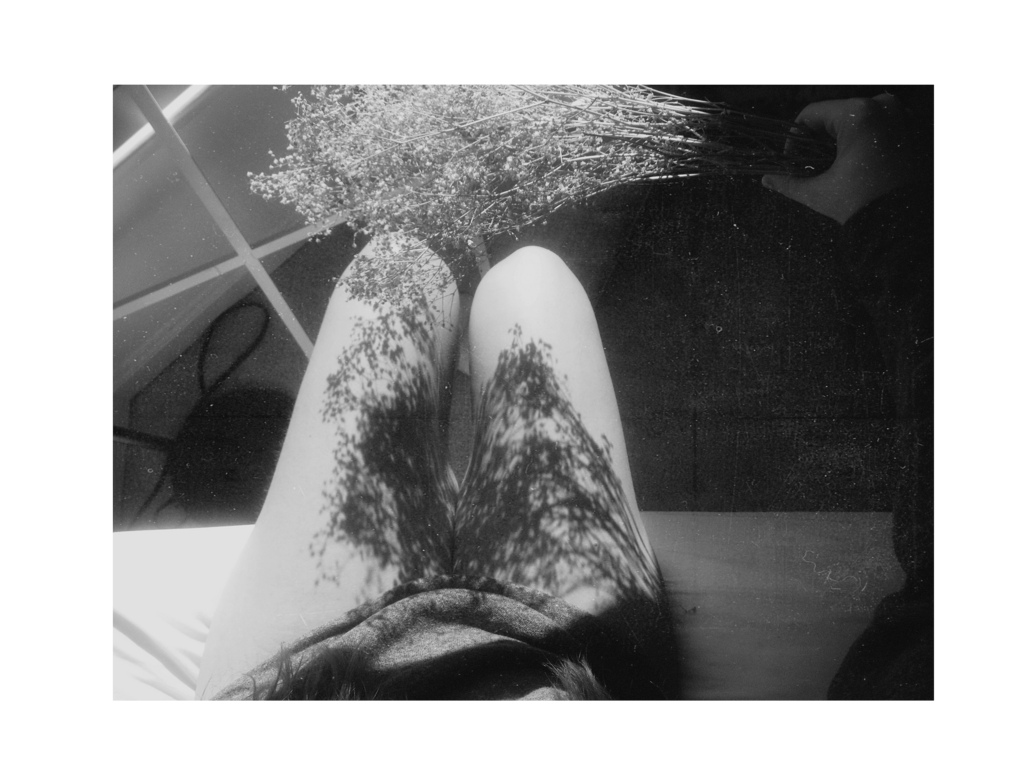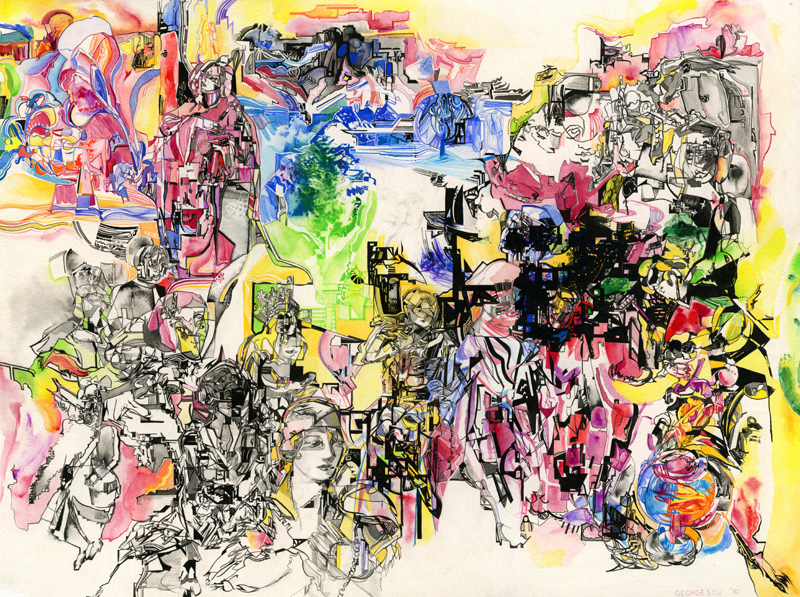On 16th December 2012, a 23 year old physiotherapy student boarded a bus with her male friend in a relatively affluent and populated neighbourhood in New Delhi. She was brutally raped and then murdered by six men who attacked her friend as well. Reports indicate that her intestines were ripped out after a metal rod was inserted into her and then pulled out with intense force. The complete details are horrific and this case has sparked public outrage at how persistently sexual violence towards women goes unpunished in India.
Rape in India is woefully under reported with thousands of cases never being brought to light due to the culture and social attitudes to women after being raped. A woman who has been raped is seen as unclean and “stripped of her honour”. This is a common cultural phenomenon which has resulted in an extremely high suicide and murder rate of rape victims. As a result women feel that going to the police will do more harm to the situation. It is this attitude coupled with the bureaucratic inertia that the public protests have been addressing.
The media storm that has engulfed India and global headlines is partly driven by the lack of legal clarity and provisions which deal with sexual offenders in India. Under existing law a convicted rapist can face 7 to 10 years in prison.
Many feel that more stringent laws should be in place as women become an integral part of the workforce and thereby require more stringent provisions against them. The conviction rate remains woefully low at 26%.
Following the incident, at the direction of the Central Government a judicial committee headed by J.S. Verma (former Chief Justice of India) was convened in order to make amendments to criminal law which can result in more efficient prosecution and sentencing of sexual offences conducted against women. This working committee invited the public to make suggestions that would be included in the report which would be submitted to Prime-minister Manmohan Singh’s cabinet. The committee received 80,000 suggestions and submitted its report within 29 days on the 23rd of January.
For the last month the Home ministry in conjunction with the Law ministry has been debating some of the recommendations of the committee. Chief among these concerns is changing the wording in anti-rape law from “sexual assault” to “rape”. This terminology is important as sexual assault can be used in a gender neutral case whereas rape generally perceived as a gender specific crime relating to women. After much discussion the group of ministers declared that all sexual offenses are now legally defined as “rape.” This makes the bill women centric and should stem the relentless pressure from women’s groups and activists. Another important topic is the lowering the age of consent from 18 to 16. Many feel that with a growing middle class and westernization of Indian culture that the Indian youth are far more sexually active than their previous generations. However there is a law protecting minors (U-18) which relates to statutory rape if an adult has sex with a minor. There has been concern that the lowering the age of consent will conflict with this law and cause unnecessary inefficiency in dealing with cases relating to statutory rape. The bill also proposes increasing the imprisonment term for rapists to 20 years or for the rest of their “natural life”. There have been talks about including the death penalty where the victim dies or is in a persistently vegetative state. These provisions have been cleared by the cabinet and will become law if passed in parliament on the 22nd of March.
Changing laws is the first step in combating this phenomenon of sexual assault against women. Changing social attitudes of men towards women are far more important if the law is to be implemented “on the ground”. Women still lag behind men in terms of the professional sector where men are seen to be paid higher salaries and women are seen as more expensive labour if maternity leave is to be considered. This discrepancy and the collective public attitude tends to put men on a slightly higher pedestal than women. In my opinion uneducated men tend to feel an innate sexual and physical superiority towards women. This is where the seeds of sexual violence are planted. Greater awareness and media coverage about the deliberations in parliament will also serve to educate the masses about proper attitudes towards women.
By Rohan Badhwar




